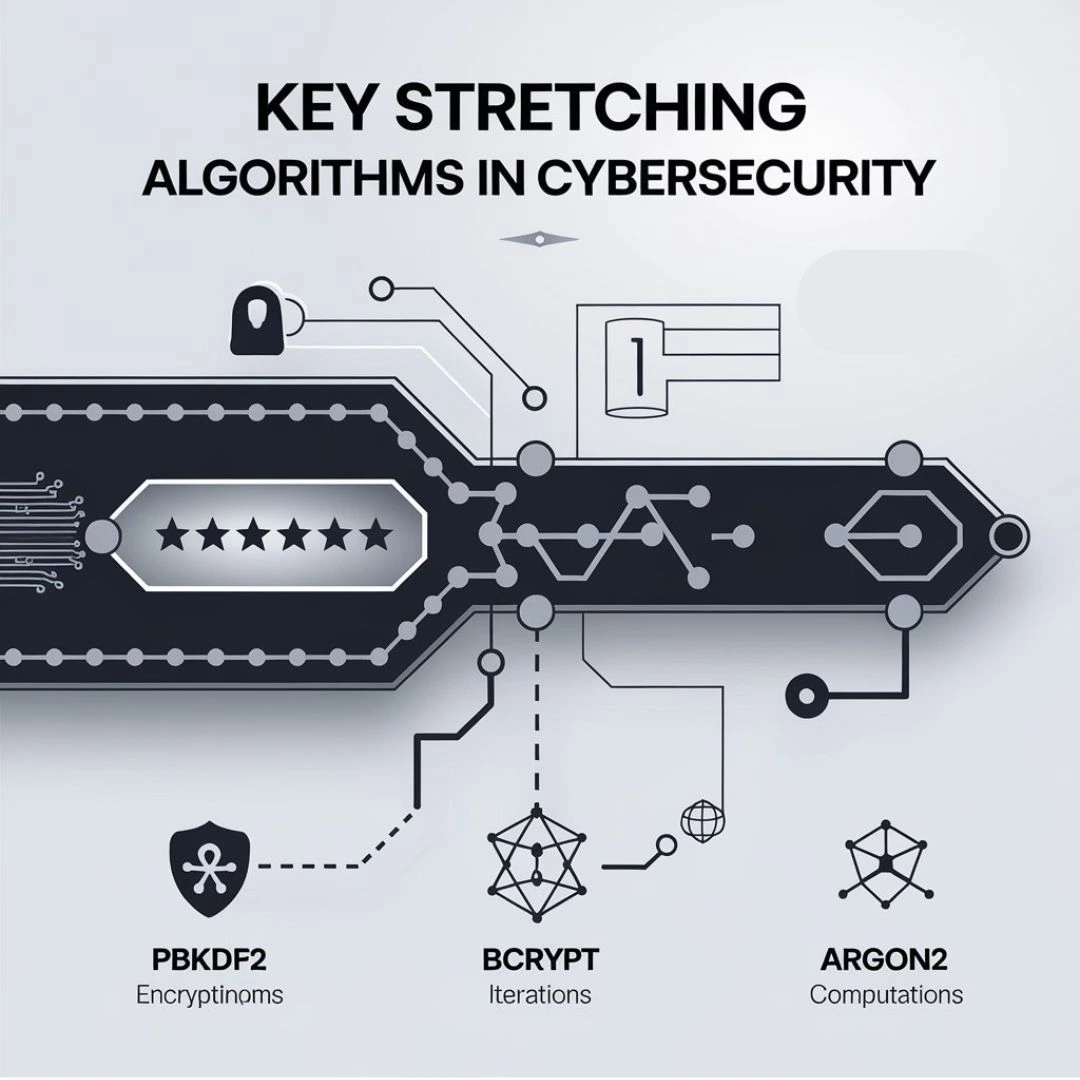Forward Secrecy is a crucial concept in cybersecurity that ensures the confidentiality of communications, even if future encryption keys are compromised. In this blog post, we will explore what Forward Secrecy is, how it works, and why it is essential for securing digital communications.
What is Forward Secrecy?
Forward Secrecy, also known as Perfect Forward Secrecy (PFS), is a feature in encryption protocols that protects past communications even if attackers compromise long-term encryption keys. In simple terms, Forward Secrecy guarantees that if a hacker gains access to a server’s private key, they cannot decrypt older communications secured with session keys.
How Perfect Forward Secrecy Works?
Perfect Forward Secrecy generates a unique session key for each communication. These keys are temporary and not tied to the server’s long-term private key. This means that even if someone compromises the long-term key later, past communications remain secure.
- Key Exchange Algorithms: Forward Secrecy uses key exchange protocols such as Diffie-Hellman and Elliptic Curve Diffie-Hellman (ECDH). These algorithms enable secure key exchanges between communicating parties without relying on a long-term private key.
- Ephemeral Keys: Each session generates ephemeral keys, which get discarded once the session ends. This practice ensures that these keys cannot be reused or decrypted in the future, adding an extra layer of security.
Forward Secrecy in IPsec
Forward Secrecy in IPsec is critical for establishing secure communication channels over IP networks. IPsec utilizes protocols that support PFS, ensuring that even if a key is compromised, previous communications remain confidential.
- Security Mechanisms: IPsec implements Perfect Forward Secrecy during key exchanges, guaranteeing that each session is encrypted independently. This approach prevents the entire communication chain from being compromised if one key is breached.
Why PFS Security Matters
The significance of PFS security cannot be understated. In an age where data breaches are common, Forward Secrecy adds a layer of protection for sensitive information.
- Protection Against Future Threats: Even if a hacker gains access to the long-term key in the future, PFS ensures that past communications remain secure.
- Building Trust: By implementing Forward Secrecy, organizations demonstrate a commitment to privacy and security, which strengthens client trust.
SSL PFS: Securing Web Communications
Modern web applications frequently use SSL/TLS protocols to secure data exchange. Implementing SSL PFS ensures that communications between clients and servers remain secure, even if an attacker compromises a server’s private key.
- Cipher Suites: To enable Forward Secrecy in SSL/TLS, organizations must use cipher suites that support PFS, such as ECDHE. These suites ensure that each session has a unique key, preventing the decryption of past sessions.
Perfect Forward Secrecy Explained
Perfect Forward Secrecy serves as an essential component of encryption, ensuring that past communications remain protected, even in the event of future key compromises. With PFS, each session key is unique and temporary, adding an extra layer of security critical in today’s cybersecurity landscape.
Conclusion
Forward Secrecy is not just an added feature—it is a necessity for organizations prioritizing data security and privacy. As cyber threats continue to evolve, PFS acts as a strong defense, ensuring that past communications remain secure, even if long-term keys are compromised. By implementing Forward Secrecy, organizations signal their commitment to protecting sensitive information and building trust in an increasingly vulnerable digital world.
FAQs
What is Forward Secrecy?
Forward Secrecy, or Perfect Forward Secrecy (PFS), ensures that even if a long-term encryption key is compromised, past communications remain secure.
How does Perfect Forward Secrecy work?
PFS generates a unique session key for each communication session, ensuring that past session keys cannot be decrypted if long-term keys are compromised.
Why is PFS security important?
PFS security protects sensitive data by ensuring that future key compromises do not affect the confidentiality of past communications.
How is Forward Secrecy used in IPsec?
Forward Secrecy in IPsec ensures that each communication session is encrypted independently, so past communications remain secure even if a key is compromised.
What is SSL PFS?
SSL PFS refers to the implementation of Perfect Forward Secrecy in SSL/TLS protocols, ensuring secure web communications even if long-term keys are compromised.

